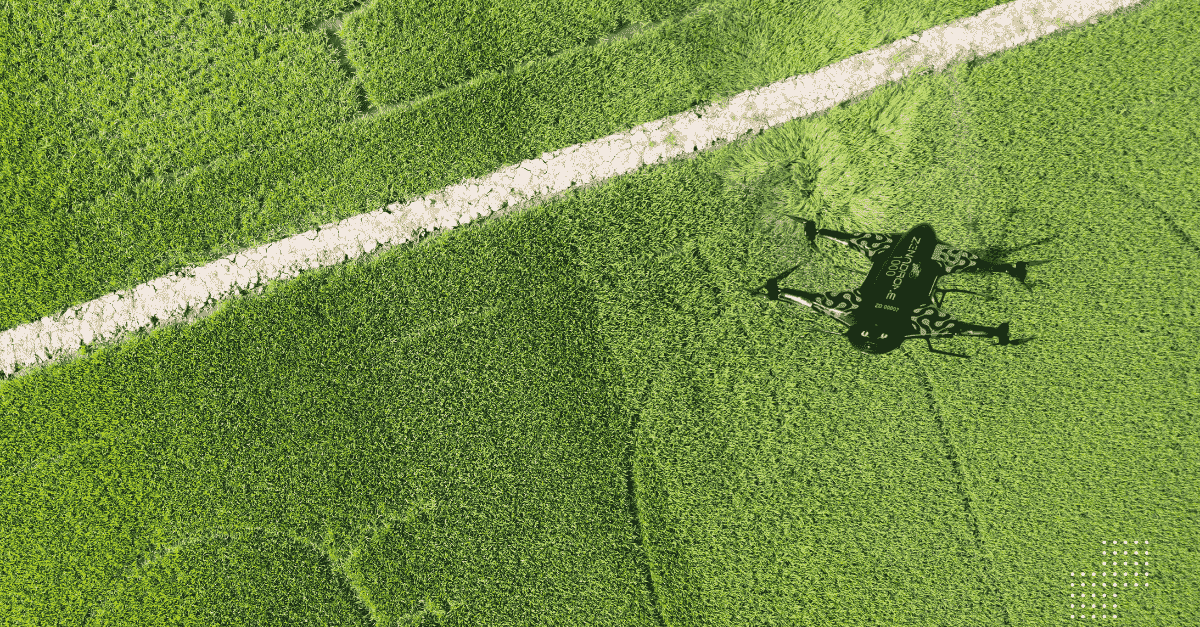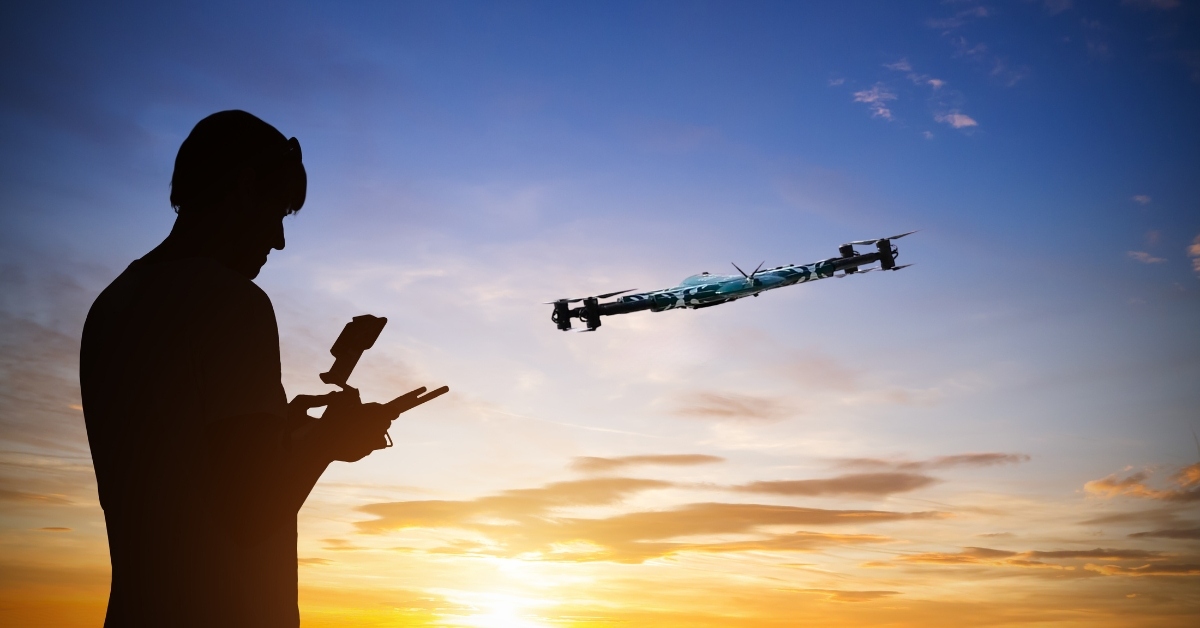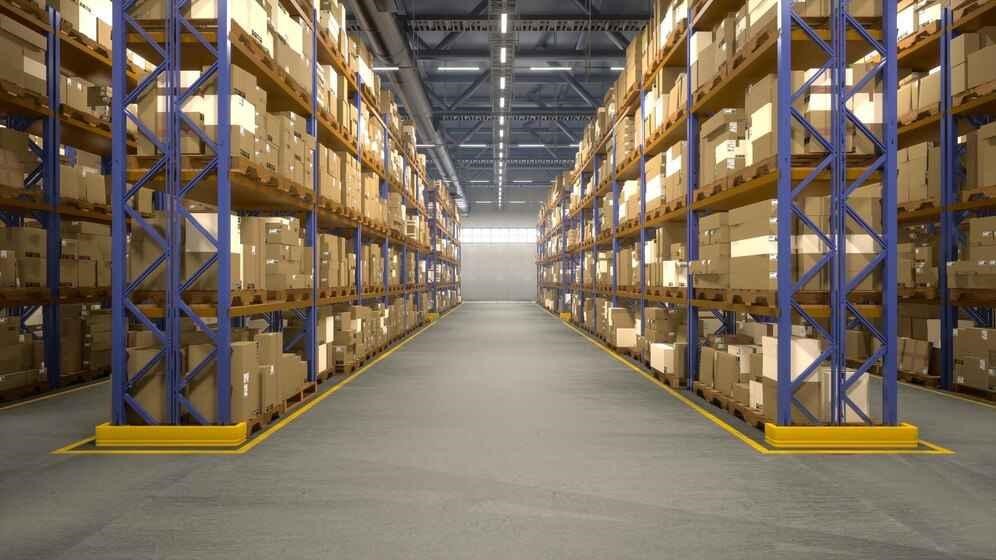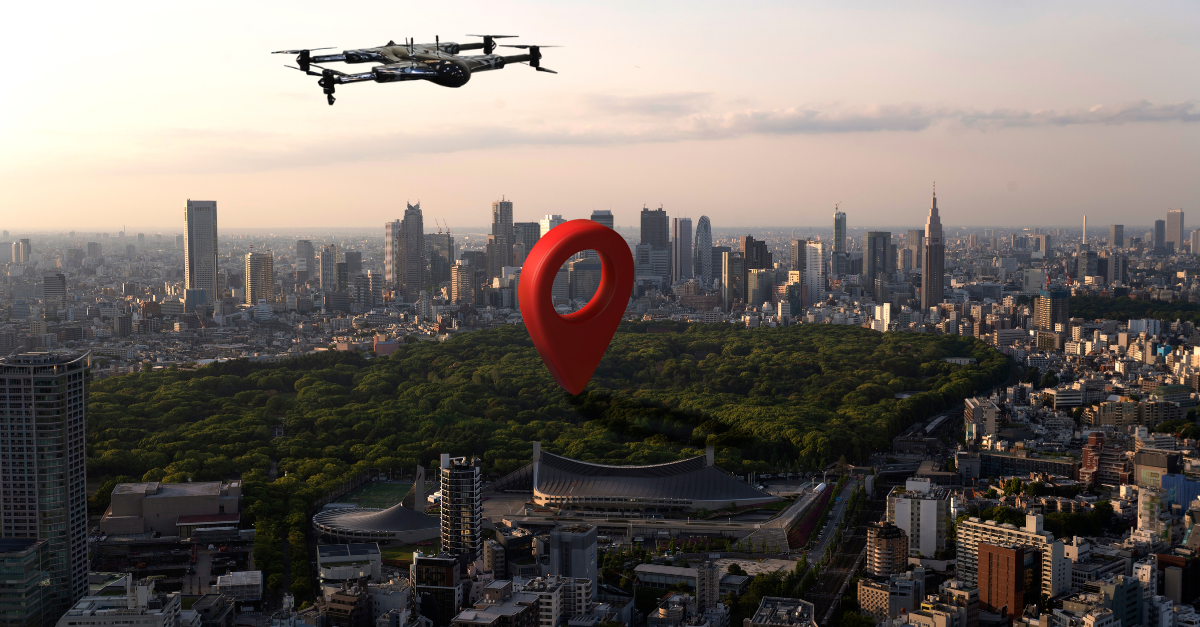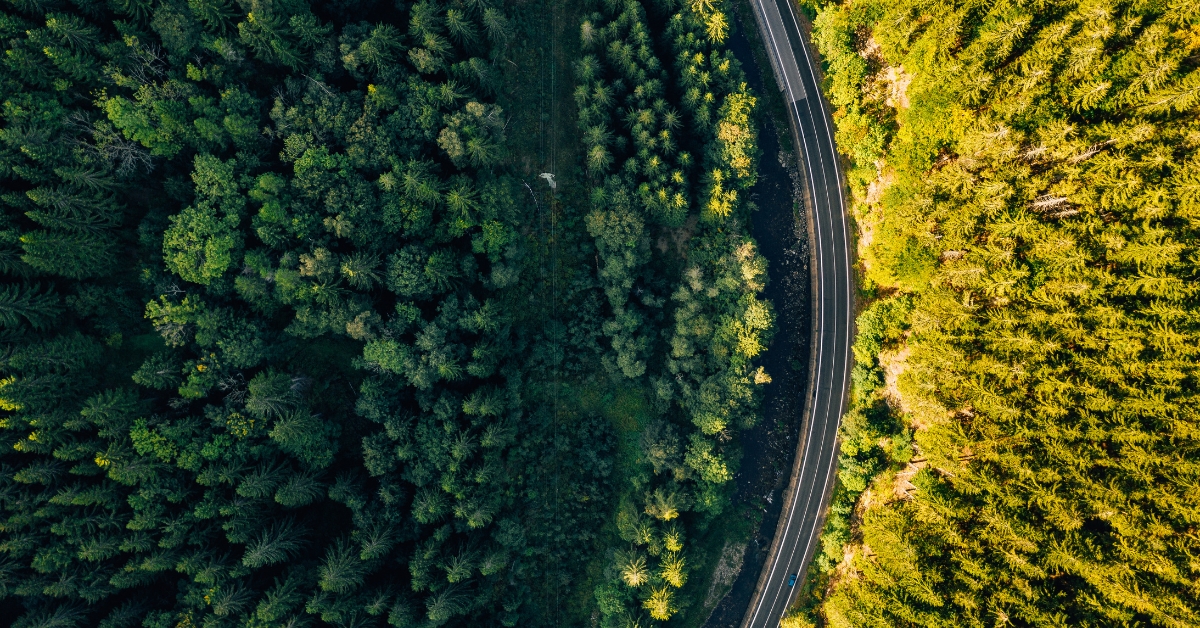Agricultural Drone and Its Benefits in Agricultural Workload
In recent years, a dramatic shift has occurred in the agricultural industry due to the introduction of innovative technological solutions. Drone agriculture is increasingly growing in popularity with modernized approaches.
Intelligent technologies are crucial in revolutionizing crop management, field monitoring, and agricultural practice optimization for farmers. Consequently, an agricultural drone can provide enterprises with cutting-edge agricultural and farming approaches.
Paving Your Way Towards Precision Farming
Precision farming has become increasingly reliant on agricultural drones, providing farmers with real-time data and insights, allowing them to make better decisions. Thanks to their myriad benefits to precision farming, drones have become invaluable tools for today’s farmers. They are fantastic for precision farming for the following causes:
1. Infrared Imaging
Drones with various sensors, such as thermal and multispectral cameras, may take very detailed pictures of crops. By exploring the intricacies of imaging, farmers can closely observe their crops, detect diseases, and evaluate the effects of stress on their farms.
2. GIS Mapping
Drones can survey fields in detail, giving farmers access to crucial geographic data. For instance, knowing the drone spraying cost per acre is necessary for an accurate financial output on your land. The following facilitates accurate resource management and planning in your field, making processing actions in your location more accessible.
3. Crop Monitoring
Thanks to precision spraying systems on drones, farmers can precisely apply pesticides, herbicides, fertilizers, and other agricultural chemicals, ensuring targeted and efficient delivery. An agriculture drone sprayer technology makes monitoring and ensuring you are not over and under-spraying fields easier. It minimizes the adverse effect on the environment and improves efficiency.
4. Accurate Input-Output Process
Precision spraying systems can be part of modernized drone agriculture, which lets farmers apply fertilizers, pesticides, and herbicides precisely. A drone spraying cost per acre can be expensive, and thus, ensuring that you are doing enough is vital. An agricultural drone reduces the overall amount of inputs needed, minimizes environmental impact, and improves efficiency.
5. Continuous Tracking
With real-time data streaming capabilities, drones provide instant feedback on the condition of crops. As a result, an agricultural drone enables farmers to make on-the-spot decisions, responding promptly to emerging issues. Additionally, drone agriculture makes it utilizable for trend analysis and agricultural yield prediction. Market planning, resource allocation, and general farm management decisions can all benefit from this data.
6. Environmental Impact
Drones enable precise input targeting in precision farming, reducing chemical and fertilizer usage and environmental effects. Sustainable and environmentally friendly farming practices are in line with this.
By delivering precise, real-time, and practically valuable data, drones are an indispensable tool for precision farmers. Agricultural drones help make farming more efficient and better for the environment, providing more harvests and lessening loss over time.
Best Agricultural Drone Capabilities for Efficient Pest and Disease Control
Drones offer great potential in the agricultural sector, particularly for efficiently controlling pests and diseases. Refrain from controlling pests and diseases promptly to maintain crop health and output.
Drone agriculture is a new technology with a robust and high-tech design. It uses artificial intelligence to make gathering data easier and faster. A drone used in farming can do the following:
1. Aerial Surveillance
Aerial monitoring of vast farmlands is now possible with the help of drones fitted with high-definition cameras and sensors. Farmers can take quick action in a pest infestation or disease breakout with consistent and proper aerial surveillance. Plus, it adds to aid in facilitating data on drone spraying cost per acre on your whole land.
2. Data Analysis and Mapping
After collecting it, advanced software may examine drone data to generate comprehensive maps of crop health, insect distribution, and disease severity. These maps help farmers get the most out of their resources by illustrating precisely where to put measures in place.
3. Automated Spraying
Drones with built-in spraying mechanisms can accurately target problem regions and apply helpful agents or pesticides, reducing human effort and chemical waste. An agriculture drone sprayer is way quicker while decreasing the harmful effects on farmers on land as they can now stay away from chemicals daily.
4. Signals for Potential Danger
As a preventative measure against pests and diseases, you can set up an agricultural drone to routinely survey fields. You can set up automated alerts to notify you when drone agriculture detects anomalies, enabling quick response.
5. Integrated Systems
Adding drones to agricultural management systems can help by combining data from many sources, like weather cameras, soil sensors, and satellite photos. When you connect the two, you can see the farm as a whole, which helps you make more intelligent, strategic choices.
6. Speed and Efficiency
Drones can swiftly survey vast regions, enabling more regular and timely agricultural monitoring. An agricultural drone offers efficiency and quickness, making fast responses to pest and disease problems possible.
7. Research and Development
Pest and disease management researchers can benefit from drones since they enable dynamic and granular data collection. It allows people in charge to create control strategies that are more precise and efficient for future purposes.
Optimizing Irrigation Practices with an Agricultural Drone
Efficient water management is crucial for sustained crop production in the face of water constraints, a primary concern for the agricultural sector. Agricultural drones are essential for better irrigation methods because they collect vital data about how much water is in the soil and where it needs distribution. These are some of the ways that an agricultural drone can help make watering work better:
1. Vegetation Health Monitoring
Drones with thermal or multispectral cameras can take very detailed pictures of crops. With these multispectral shots, farmers can identify a specific field that needs more or less water and fertilizer.
Apart from having an agriculture spraying drone, this modern tool can also assess which acres are healthy and need monitoring. Moreover, an agriculture drone sprayer monitors and determines the fertilizer required for crop nourishment, enabling plant health tracking.
2. Maps of Physical Features
Drones outfitted with LiDAR or other mapping technology can provide precise topographical maps, enabling farmers to get insight into natural drainage patterns and determine the most effective irrigation plans based on that knowledge. It can even provide you with a 3D map of your field so that you will have a better understanding of its topography.
3. Sensor Integration
Top-notch agricultural drones have sensors that collect data on soil moisture, temperature, and other vital metrics. Farmers can make quick decisions regarding when to water their crops with these sensors’ data collected in real-time. Additionally, drones can deliver weather data in real time, which helps farmers plan irrigation based on what they expect.
4. Water Distribution Monitoring
More straightforward leak, pipeline, and canal inspections are within your reach with the help of agricultural drones. Farmers can then identify irrigation infrastructures that require change, preventing water wastage and ensuring efficient water distribution. Drones can gauge irrigation flow rates, which aids farmers in distributing water more efficiently and spotting issues sooner.
The Bottom Line
The future of agricultural efficiency and productivity is bright, and it all starts with combining an agricultural drone with other state-of-the-art technologies. Through this, precision farming, modernized capabilities, and optimizing irrigation processes are within your reach.
When looking for the best agricultural drone, consider the quality and features of the product. Remember your goals in streamlining operations and helping ease the agricultural workload. Contact us and book a demo to experience ZenaDrone 1000 today!






